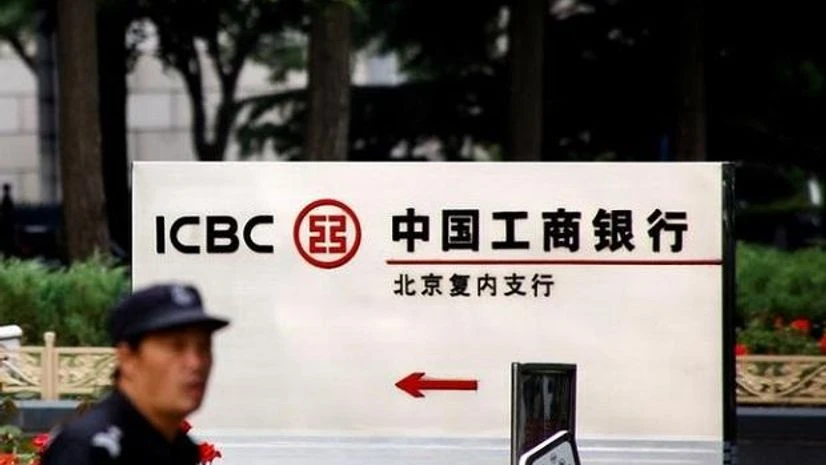Four of China's 'Big Five' state-owned banks reported higher quarterly profits and slower growth in bad loans, helped by a resilient economy and checks on the shadow banking sector.
The improved results from top lenders in the world's second-largest economy come after successive interest rate cuts dented their interest margins - a key gauge of profitability - while loan defaults rose sharply among struggling borrowers.
The improvement has been aided by a cocktail of policy measures, such as debt-for-equity swaps for struggling state borrowers.
Industrial and Commercial Bank of China (ICBC), the country's top lender by assets, posted a 3.3 per cent rise in third-quarter net profit, versus flat growth a year-ago.
Agricultural Bank of China (AgBank), China Construction Bank (CCB) and Bank of Communications (BoCom) also reported faster quarterly profit growth than a year ago.
Also Read
ICBC, CCB and AgBank also reported declines in their non-performing loan (NPL) ratios, as they dispose of more of their bad debt. A crackdown on unregulated shadow banking has also helped.
"The market has been talking about a potential Chinese banking crisis caused by NPLs since 2011," said Jiahe Chen, chief strategist at Cinda Securities. "But after seven years and banks' net assets increased by over 100 per cent, it's now one of the most worthwhile investable industries."
Non-performing loan ratios fell slightly at CCB, ICBC, BoCom and AgBank, but rose at fourth-ranked Bank of China Ltd (BoC), where third-quarter net profit was flat.
MARGINS EXPAND
China posted relatively solid economic growth in the third quarter, driven by a stronger services industry, though there were signs of weakness in real estate and construction as property cooling measures start to bite.
The banks' quarterly results were "no big surprise," said Hao Hong, head of research at BOCOM International, who said profit growth would probably slow in the fourth quarter as Beijing's deleveraging campaign weighs on loan growth and off-balance sheet business, squeezing profitability.
Deleveraging is the policy signal from this month's Communist Party Congress, he said. Beijing has been clamping down on risk in the financial markets, from reprimanding corrupt financiers to tightening regulation over lending practices.
China's biggest banks have also managed to sidestep some of the pitfalls faced by their mid-sized peers, which are more vulnerable to a tighter liquidity environment and which earn more of their profits from shadow banking.
For 16 listed Chinese banks, average net interest margins - the difference between interest paid and earned - shrank in the first half by 17 basis points to 2.03 per cent, according to an analysis by rating agency Moody's.
But net interest margins rose slightly at CCB, BoCom, ICBC and BoC.
"The big four banks have a strong funding profile and low reliance on market funding, and are thus more resilient to system liquidity tightening," said Nicholas Zhu, Beijing-based analyst at Moody's Investors Service.
($1 = 6.6466 Chinese yuan)

)
